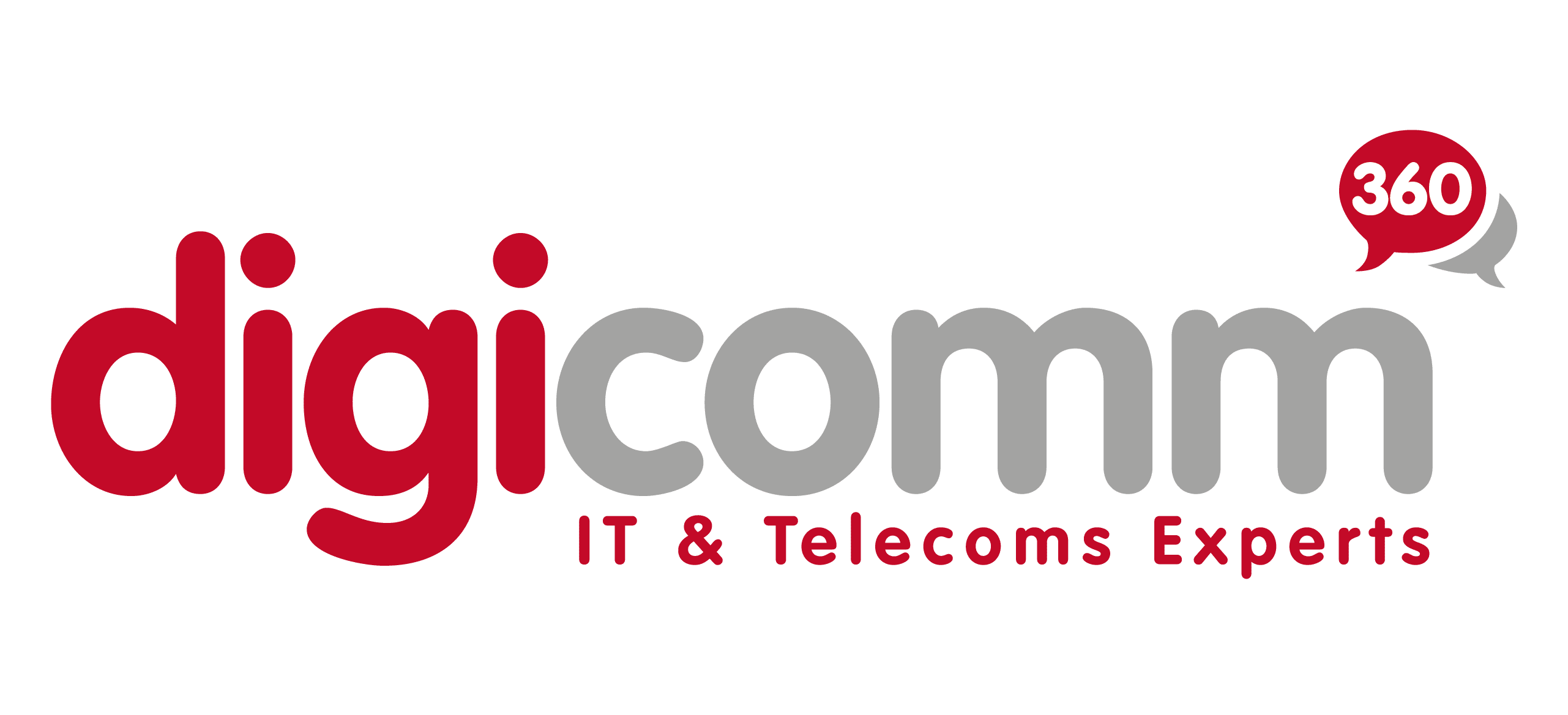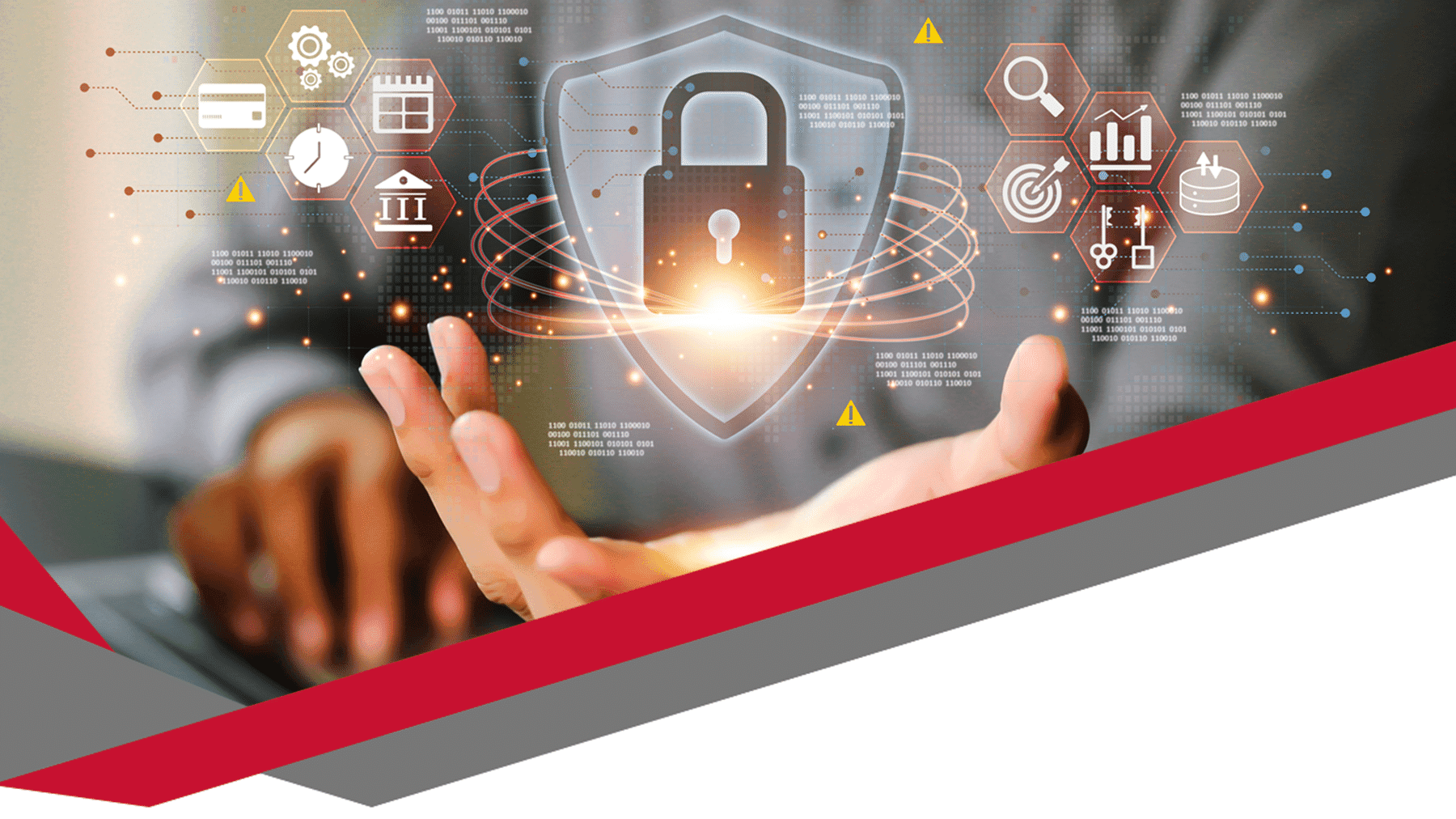In today’s connected world, digital security is no longer optional. Cybercrime has evolved fast, and small to medium-sized businesses are now major targets. That’s why Cyber Essentials UK businesses certification has become one of the most important standards any organisation can adopt. Designed by the National Cyber Security Centre (NCSC), it offers a clear framework for protecting your company, your data, and your reputation.
For many UK organisations, achieving Cyber Essentials isn’t just a badge — it’s a requirement. Public sector contracts, financial clients, and insurers are increasingly insisting on certification as proof that you take cybersecurity seriously. Yet it’s about more than ticking boxes. It’s about building a resilient, trusted foundation that supports everything else your business does.
The Rise of Cyber Threats in the UK
Cyber attacks have become one of the most common and costly risks facing businesses. According to the UK Government’s Cyber Security Breaches Survey, half of all small businesses experienced a breach in the past year. The financial impact is often severe, but the reputational damage can be worse. A single data breach can destroy customer trust overnight.
Hackers are no longer just targeting large corporations. Small firms are attractive because they often have weaker defences but still hold valuable information such as client data, invoices, and credentials. Many of these attacks come through phishing emails, insecure passwords, or unpatched systems — all of which Cyber Essentials directly addresses.
The NCSC introduced the scheme to help businesses of all sizes protect themselves against the most common cyber threats. By meeting its five control areas, you dramatically reduce your risk of a successful attack.
The Five Core Areas of Cyber Essentials
The certification focuses on simple, practical defences that stop most cyber attacks before they start. These include:
- Firewalls and secure internet connections — controlling who and what can access your network.
- Secure configuration — removing unnecessary software and tightening device settings.
- Access control — ensuring staff only access systems they actually need.
- Malware protection — using reputable antivirus tools and ensuring updates run automatically.
- Patch management — keeping software up to date so hackers can’t exploit known weaknesses.
Each control may sound basic, but when implemented together they create a powerful defence system. The majority of successful cyber attacks exploit weaknesses in one of these five areas. By closing those gaps, your business instantly becomes much harder to breach.
Why Cyber Essentials Is Now Business-Critical
For UK companies, Cyber Essentials UK businesses compliance is quickly becoming the baseline. Government contracts now require certification. Many private sector clients, particularly in finance, healthcare, and professional services, demand it too. Without it, you could lose tenders or miss out on new opportunities.
Beyond compliance, certification has real operational value. It improves your team’s awareness, strengthens IT hygiene, and helps you spot issues early. It also demonstrates to clients and partners that your business protects their data responsibly. In an age where trust matters as much as service, that credibility is priceless.
Insurance and Financial Benefits
Cyber insurance providers increasingly view Cyber Essentials as the minimum security requirement. Some insurers now offer lower premiums or faster claim processing if you hold valid certification. Others may even refuse cover without it. Having the certificate proves you’re taking proactive measures to reduce risk — a sign of good governance and responsible management.
For many SMEs, these savings can offset the cost of certification entirely. More importantly, the protection helps you avoid the much greater expense of recovering from an attack.
Reassuring Customers and Stakeholders
Data protection isn’t just about compliance — it’s about confidence. When clients share information with you, they want assurance that it’s secure. Displaying your Cyber Essentials badge provides exactly that. It shows your commitment to protecting sensitive data and gives your brand a reputation for professionalism.
This reassurance can be especially important in sectors such as finance, legal, or healthcare, where information sensitivity is high. It’s also a powerful marketing message. Prospective customers increasingly choose suppliers who can demonstrate strong cybersecurity credentials.
Supporting Hybrid and Remote Work
With hybrid and remote work now the norm across the UK, Cyber Essentials has become even more relevant. Staff regularly access company systems from home networks, personal devices, or public Wi-Fi. Each of those entry points is a potential vulnerability. Certification ensures you have clear policies and protections to manage this new risk landscape.
Strong password management, two-factor authentication, and secure VPNs all form part of best practice under the Cyber Essentials framework. Together, they keep remote teams connected and secure wherever they work.
The Certification Process
The Cyber Essentials process is straightforward and designed to be achievable for any business. There are two levels of certification:
Cyber Essentials – This is the basic level, verified through a self-assessment questionnaire. It focuses on ensuring you have the five core controls in place and working correctly.
Cyber Essentials Plus – This higher level involves an independent assessment by a qualified auditor who checks that your systems meet the required standards. It includes vulnerability testing to verify that controls are effective in practice.
Both certificates last for 12 months and must be renewed annually to ensure your security measures remain up to date.
Common Myths About Cyber Essentials
Some businesses believe they don’t need Cyber Essentials because they’re small or don’t handle personal data. That’s a dangerous assumption. Every organisation, regardless of size, holds data that could be valuable to attackers — from payroll details to supplier invoices. Cybercrime doesn’t discriminate by size; it targets opportunity.
Another misconception is that certification is complex or expensive. In reality, the process is designed to be clear and affordable. With the right guidance, most SMEs can achieve certification quickly and without disruption.
How Digicomm360 Can Help
At Digicomm360, we specialise in helping UK businesses navigate digital transformation safely. Our team provides step-by-step support for Cyber Essentials UK businesses, from initial readiness assessments to certification and ongoing compliance.
We’ll help you:
- Review your existing security setup.
- Identify gaps against the Cyber Essentials standard.
- Implement the required controls quickly and efficiently.
- Prepare your documentation for certification submission.
- Maintain compliance year-round through proactive monitoring.
Because we work across IT infrastructure, connectivity, and Microsoft 365, we can integrate Cyber Essentials into your wider digital environment. That means one streamlined, secure approach that covers every device, user, and network.
Future-Proofing Your Business
Cybersecurity isn’t static. Threats evolve constantly, and businesses need to stay one step ahead. Cyber Essentials gives you a foundation to build upon. Once certified, you can layer on more advanced protections such as multi-factor authentication, endpoint detection, and managed response services.
By embedding this culture of security early, your organisation becomes more resilient, adaptable, and trusted. It’s not just about avoiding risk — it’s about enabling growth in a safe, controlled way.
The Bottom Line
The message is clear. If you run a business in the UK, Cyber Essentials is no longer optional. It’s a minimum expectation from clients, partners, and regulators. Achieving certification protects your data, enhances your reputation, and opens new opportunities.
By acting now, you position your organisation ahead of the curve — secure, compliant, and ready for the digital future.
Digicomm360 can guide you every step of the way. With our expert support, you’ll move from uncertainty to confidence, achieving certification quickly and embedding long-term resilience into your business.







